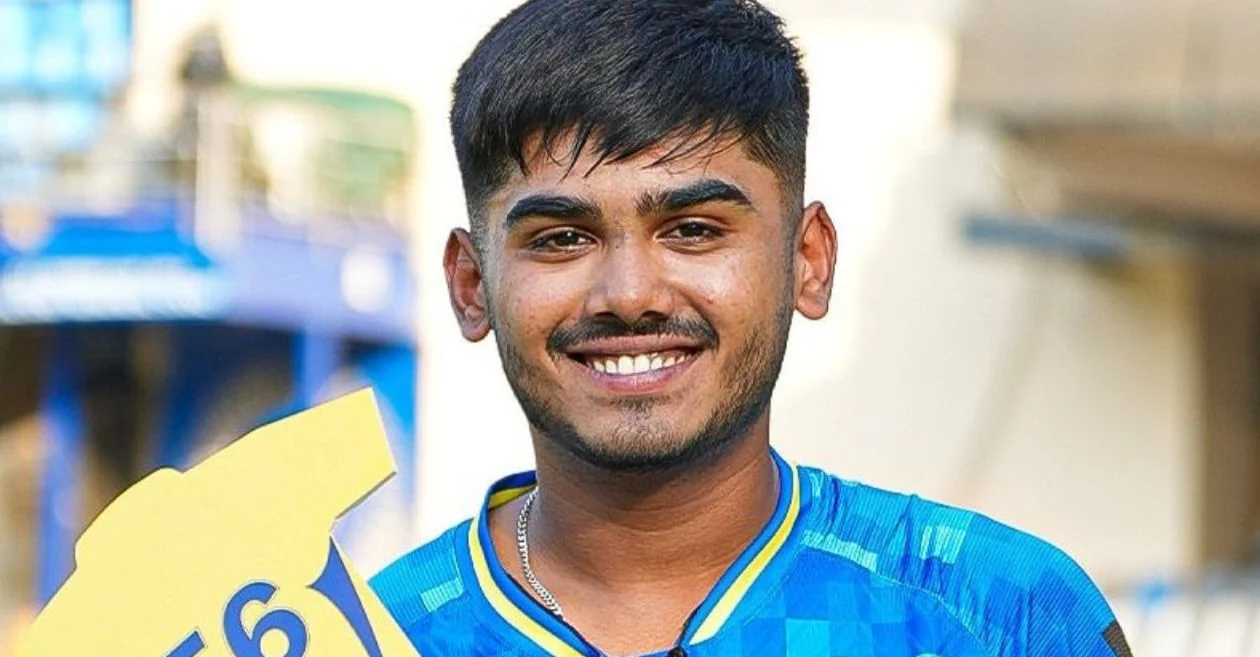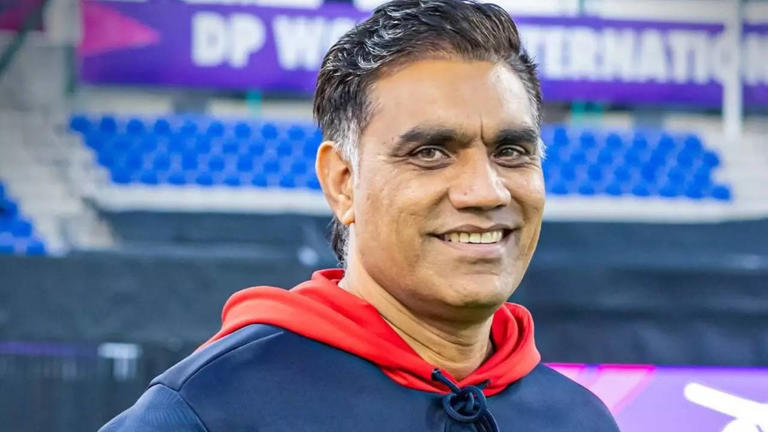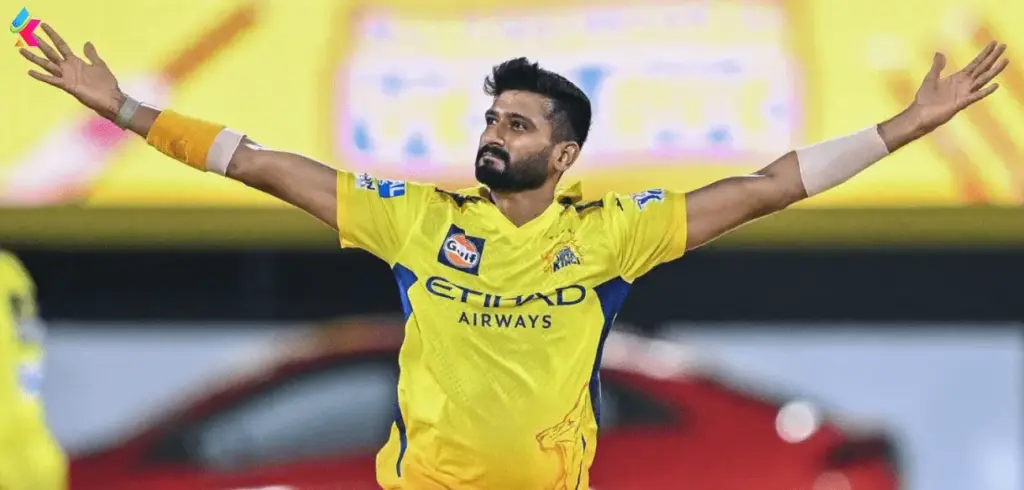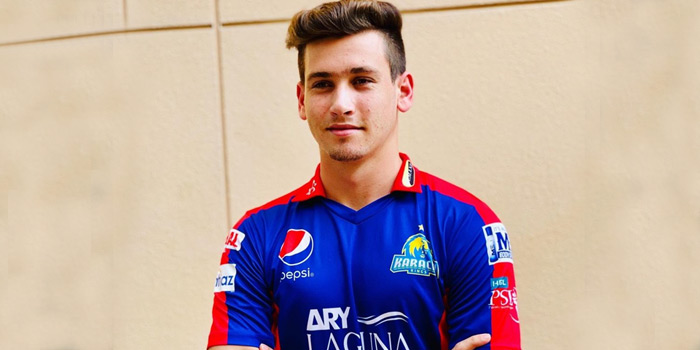Zepto Success Story: How Teenagers Delivered Groceries Within 10 Minutes

In the world of quick commerce, Zepto stands out for one startling achievement: delivering groceries in just ten minutes. Founded by two ambitious teens, Zepto has redefined convenience for busy urban consumers. Within a few short years, this company transitioned from a small, student-led idea to a startup valued in the billions—prompting a retail revolution in India. This article explores how Zepto was conceived, what makes its model work, how it scaled so rapidly, and what lies ahead.
Seed of the Idea: Teenagers Solving Daily Problems
During the early days of the COVID-19 lockdown, teenage friends Aadit Palicha and Kaivalya Vohra were stuck in Mumbai with limited access to grocery stores. Already Stanford CS admits, they realized the urgent need for faster grocery services. This sparked the idea of KiranaKart—a quick local grocery delivery service using WhatsApp connections to neighborhood stores, and fulfilled through in-person runs.
By mid-2021, realizing the limitations of their initial app and local partner model, the duo pivoted to building their own micro-warehouses and rebranded as Zepto. The name—derived from “zeptosecond”, which signifies an unimaginably short amount of time—reflects their ambition to deliver groceries at near-instant speeds.
Game-Changing Model: Dark Stores & Hyperlocal Reach
Zepto’s swift service hinges on a dense network of strategically located “dark stores”—compact fulfillment centers invisible to customers but primed for lightning-fast operations. These micro-warehouses stock around 2,500 essential SKUs, ranging from dairy and produce to snacks and household supplies. The small inventory set, optimized layout, and AI-driven pick-route guidance allow orders to be packed in under 60 seconds (metricscart.com, educationnext.in, foodandwine.com).
Once an order is placed via Zepto’s app, it goes to the nearest dark store along with an estimated delivery time. Delivery agents, stationed nearby, pick up and complete a typical delivery in under 10 minutes—on average, in just 8 minutes and 47 seconds (metricscart.com). This fusion of micro-fulfillment, inventory intelligence, and human agility is a rare feat in India’s congested cities.
Why 10 Minutes Was the Sweet Spot
Aadit and Kaivalya recognized that urban consumers—especially young professionals—wanted immediate solutions for everyday essentials, not large bulk orders. During the pandemic, ordering grocery items could take hours or days; Zepto promised deliveries so fast that customers wouldn’t need to keep spares on hand. Once experienced, the convenience became sticky: users were unwilling to return to slower options (metricscart.com).
Rapid Growth Fueled by Strategy and Funding
Zepto’s model wasn’t just clever—it was well-funded. The startup raised a $730K pre‑seed in early 2021, followed by a $60M Series A from Y Combinator and partners (en.wikipedia.org). Within five months, the valuation jumped to $570M after raising $100M (ndtv.com).
By mid‑2024, Zepto pulled in $665M, valuing the company at $3.6B, citing over ₹4,454 crore (approx. $550M) in FY24 revenue (en.wikipedia.org). Two more rounds later, including $340M in August 2024, the valuation soared to $5B — backed by both institutional funds and prominent family offices (reuters.com).
Operational Excellence Behind the Scenes
Creating a delivery empire meant tackling logistical challenges head-on:
- Data-fueled site selection: Dark store locations were chosen based on algorithms factoring population density, traffic patterns, road connectivity, and local consumer behavior (inc42.com).
- Inventory localization: Restricting each dark store’s SKUs to popular essentials enabled faster picking and greater stock availability (metricscart.com).
- Technology-supported picking: Staff use tablets that map optimized pick paths, enabling them to collect items in under a minute—making ultra-fast packing possible .
- AI-driver logistics: Predictive demand planning and dynamic rider scheduling ensure efficiency across 24/7 operation from AI‑power to last mile .
Teenagers Turned Titan Titans
Building such a system at 19 was bold. Many seasoned professionals doubted them. But the founders used that youth energy to their advantage. Aadit focused on understanding customers directly, delivering groceries themselves, and conducting support calls, even after raising big rounds (cnbc.com). Meanwhile, Kaivalya scaled the tech backend, handling rider allocation, logistical forecasting, and telemetry.
Industry Dynamics and Competitive Landscape
The ultrafast model caught immediate attention. By January 2024, Zepto commanded around 28% market share, behind Blinkit (40%) and Instamart (26%) (educationnext.in, reuters.com). The quick-commerce space in India was valued at $5B as of mid‑2024, expected to reach $35B by 2030 (reuters.com).
However, this growth brought regulatory scrutiny. Discounts and pricing practices—often tagged as predatory—sparked a Competition Commission investigation in early 2025 (reuters.com).
Challenges and Ethical Questions
The lightning-fast model comes with a cost. Delivery agents work long hours, often with pressure to maintain 10-minute delivery targets. That has drawn criticism, with questions raised about workers’ compensation and vehicle upkeep (business2business.co.in).
Price discrimination across platforms and “dark pattern” manipulations—like hidden fees or time‑based pricing—have also raised consumer concerns (en.wikipedia.org).
The Next Chapter
Zepto’s future involves deepening its reach and offerings:
- Expanding to 700+ dark stores by March 2025 (reuters.com).
- Introducing membership programs, Zepto Café for ready‑to‑eat meals, and Zepto Bloom for farm-to-urban distribution (en.wikipedia.org).
- Venturing beyond groceries into electronics, gifting, and essential accessories (reuters.com).
- Preparing for a public listing sometime after regulatory hurdles are addressed (reuters.com).
Conclusion: From Teens to Titans
In just a few years, Zepto has rewritten the rules of grocery delivery in India. Founders Aadit Palicha and Kaivalya Vohra, teenage entrepreneurs with no prior startup experience, turned daily inconvenience into a breakthrough. By combining hyperlocal fulfillment, AI logistics, smart inventory systems, and compassionate hustle, they hit their ultra-fast goal of 10-minute grocery delivery.
The journey remains challenging—economically, operationally, and ethically—but the scale they’ve achieved is hard to ignore. With a mid-2025 valuation near $5 billion, Zepto isn’t just shaping consumer behavior—it’s redefining supply chain expectations across industries.








